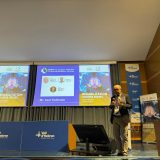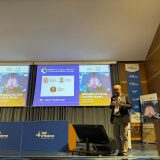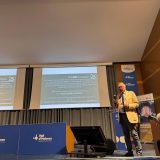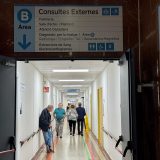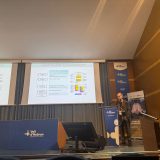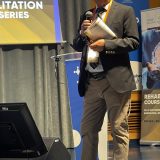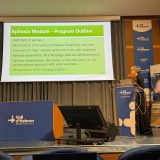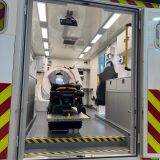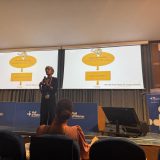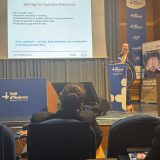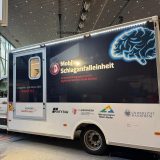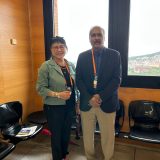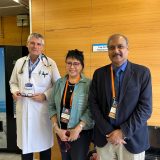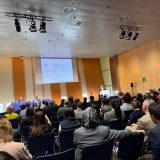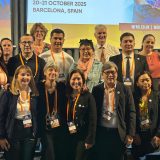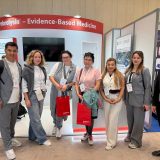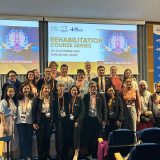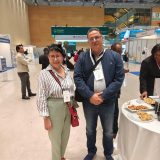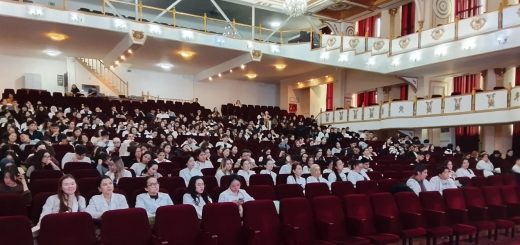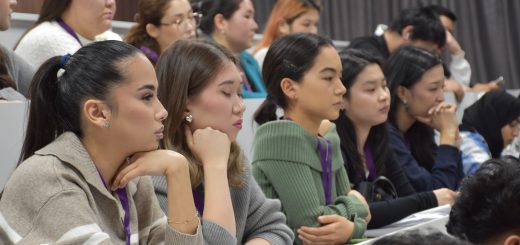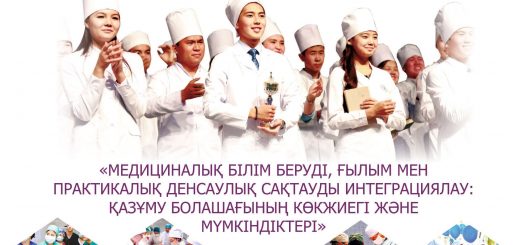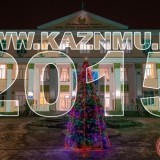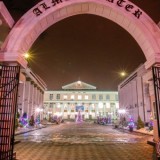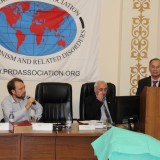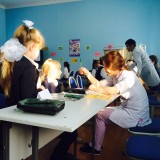17th International Stroke Congress in Barcelona: Knowledge Exchange, Global Strategies, and New Horizons in Patient Care
From October 20 to 24, 2025, Barcelona became the international capital of neurology, hosting the World Stroke Congress (WSC) — the world’s most significant event dedicated to combating stroke, organized by the World Stroke Organization (WSO). Alongside it, a series of rehabilitation courses was held, organized by the World Federation for NeuroRehabilitation (WFNR) in collaboration with the WSO.
The rehabilitation courses took place at Vall d’Hebron University Hospital, established in 1955. The hospital is part of the Catalan Health Institute and is the largest medical service complex in Catalonia, Spain.
The WFNR works to raise awareness about neurorehabilitation, conducts training and educational programs, promotes research and collaboration, and serves as a platform for communication among professionals interested in this field.
The educational course, held on the eve of WSC 2025, focused on modern advances in neurorehabilitation — including aphasia and cognitive rehabilitation, dysphagia, and motor recovery. The modules were presented in a concise yet comprehensive format with a clear emphasis on clinical practice. Course coordinators included WFNR President Prof. Dr. Volker Hömberg, WSO President Prof. Dr. Jeyaraj Pandian, and EFNR President Prof. Dr. Dafin F. Mureşanu.
The 17th International Stroke Congress took place from October 22 to 24, gathering more than 4,000 participants from over 100 countries — leading neurologists, neurosurgeons, rehabilitation specialists, patient organization representatives, and researchers. The congress aimed to exchange the latest scientific data and practical achievements in the prevention, diagnosis, treatment, and rehabilitation of stroke.
The Kazakh delegation was represented by Saule Tleubergenovna Turuspekova, Head of the Department of Nervous Diseases at Asfendiyarov Kazakh National Medical University (Almaty), and PhD, Associate Professor Larisa Sergeevna Minbaeva from the National Scientific Center of Traumatology and Orthopedics named after Academician N. D. Batpenov (Astana).
Main topics and outcomes:
- The program included the latest results from clinical trials, cutting-edge research, and discussions on best practices in stroke prevention, treatment, and rehabilitation.
- Particular emphasis was placed on global cooperation, expanding access to stroke care, and promoting equality and inclusiveness among both professionals and patients.
- Special sessions on “Life After Stroke”, as well as courses and workshops for early-career researchers and clinicians, were held.
It should be noted that Kazakhstan participated in the international clinical study OCEANIC-STROKE, the results of which were presented at the congress by an international team of authors that included Saule Tleubergenovna, the national project leader.
This congress became a powerful driver for uniting the international community in the fight against stroke, fostering experience exchange, and developing new solutions aimed at reducing stroke-related mortality and disability worldwide. The organizers emphasized the importance of innovation, translating scientific advances into clinical practice, and improving the quality of care at both national and global levels.



